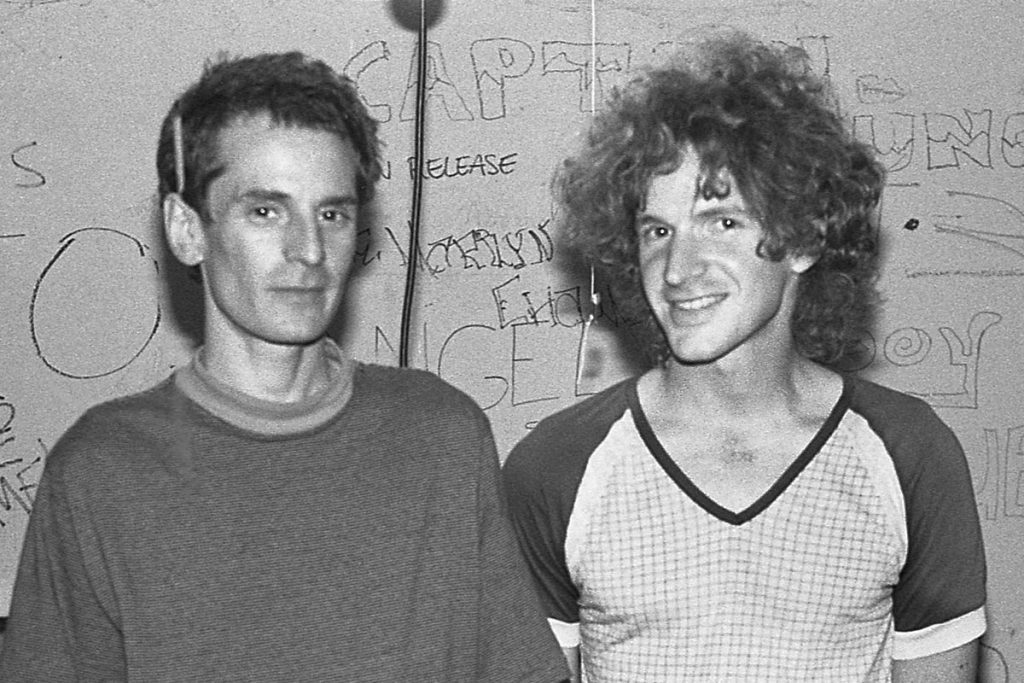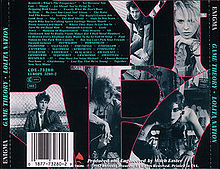The fine folks at Omnivore finally filled my order for Game Theory records and CDs. In total, I purchased 2CDs, 1 LP vinyl record and an EP vinyl record. I had been waiting for almost a year, and after their losing my shipment, a replacement shipment was issued, and a package arrived at my door earlier this week. I paid nothing extra. Nothing was lost except the time waiting.

The LP was called Across the Barrier of Sound, a colored vinyl LP which looked unusual when I unpackaged it: a clear pink vinyl LP. I placed it on my turntable, and within a couple of minutes of play, the features of my turntable which made it such a technological wonder in 1979 now became a hinderance. And what follows is a kind of techie war story of a minor sort, about a turntable, and using it to play fancy vinyl.
The turntable is a Technics SL-10, with controls on the lid, and no tonearm. Instead, the magnetic cartridge is attached to the lid, and it moves along a stainless steel track, guided digitally. It is the only direct drive turntable I know of that can be played sideways and even upside-down without a problem (I’ve tried it), much like the portable CD players which just started to come on the market back in the day. Except, the SL-10 wasn’t portable. Like any other turntable of its time, it used RCA jacks and needed a ground wire, plus its own power cord. For compatability with modern equipment, an impedance matcher was also recommended for the RCA connections.
Everything still works 40 years later. There are infra-red sensors and red lights both above and underneath the turntable. They automatically sense whether the record is 12-inch, 10-inch, or 7-inch, depending on whether the record is an LP, EP, or a single and adjust the speed to 33 or 45 rpm accordingly. There are manual overrides to this, but it usually works without me doing much of anything. I often use the manual overrides for skipping tracks. Most other times, after closing the lid, I press “Start” and the turntable figures out the rest.
All well and good, but my two new vinyl records were clear, tinted vinyl. Barrier was clear pink; and the EP Dead Center was clear baby blue. The clear vinyl meant that the lights underneath the turntable which allowed auto-detection of the record size were shining through the vinyl and sending false signals to the central processor. After a couple of minutes of play, the record started skipping during the first track. I found that if I stuck some sheets of paper underneath the record to block out the lights, the play was normal again.
I am willing to put up with this, since the vast majority of vinyl records are black, and not see-through, including the ones I have. So, the turntable will do its job most of the time. At least there is a work-around, even though it has the side effect of static buildup on the paper, but that may have been because the ground wire was a bit loose.
Visits: 87



